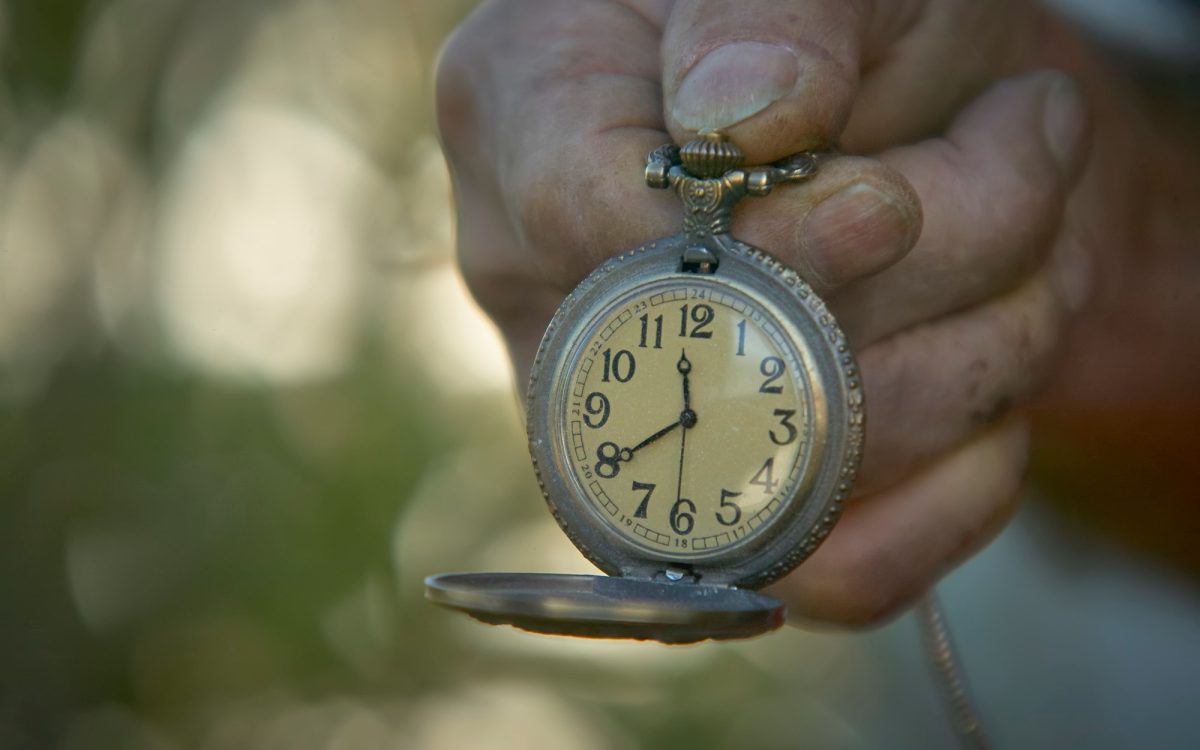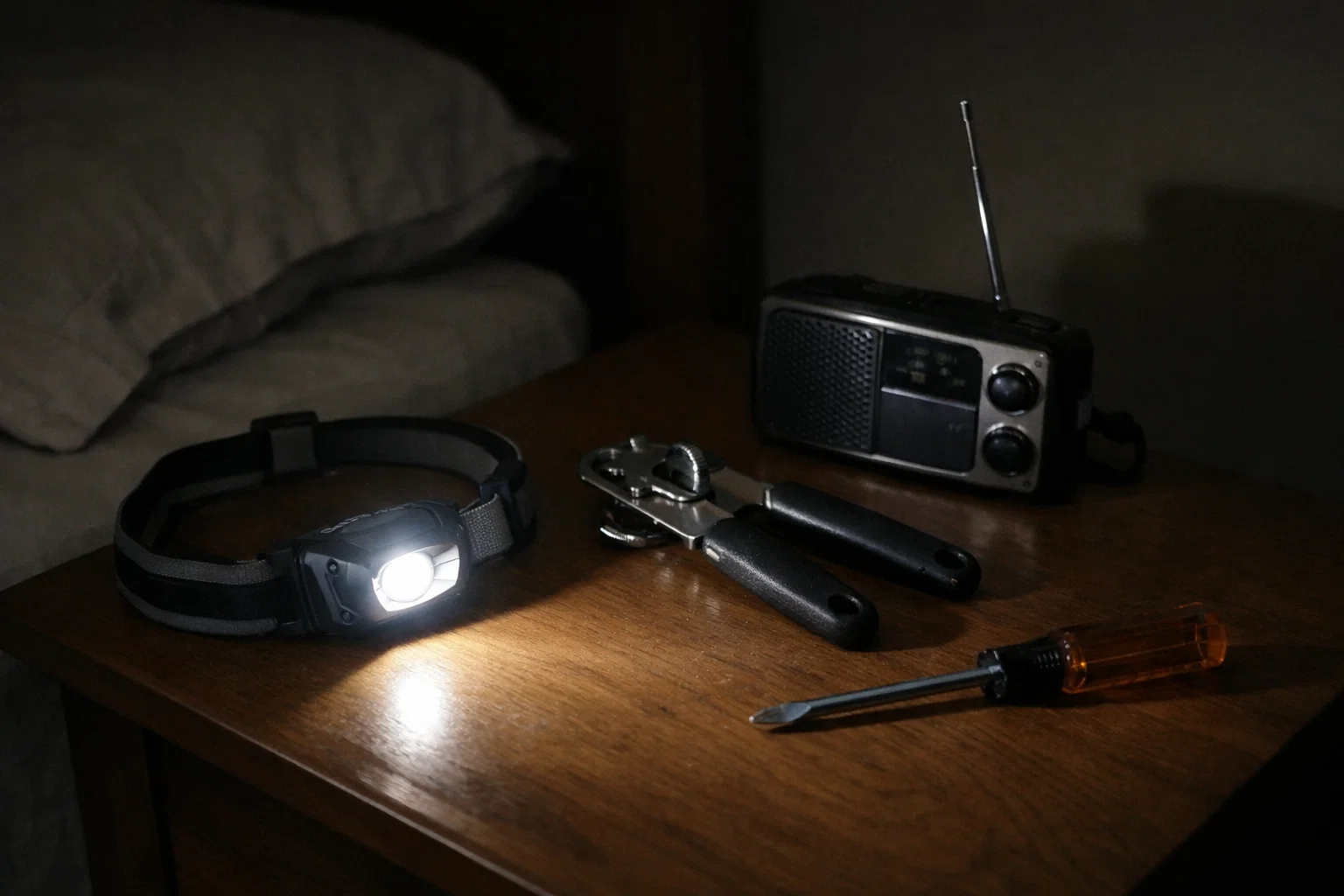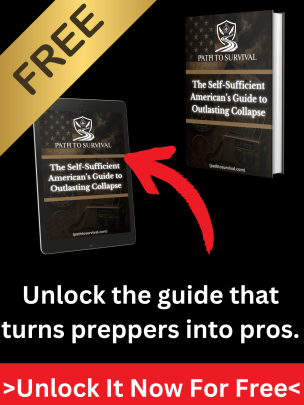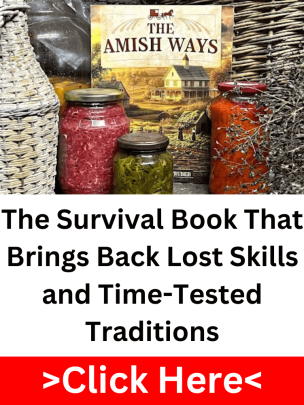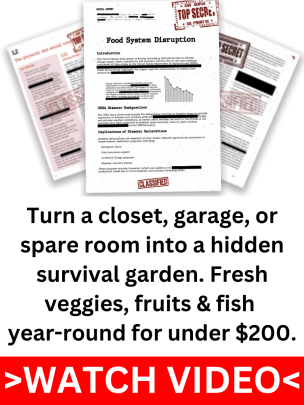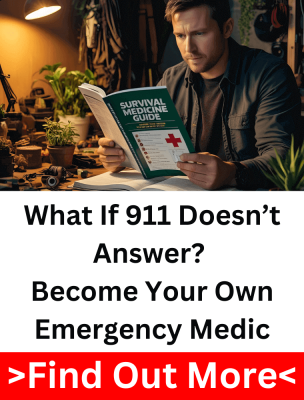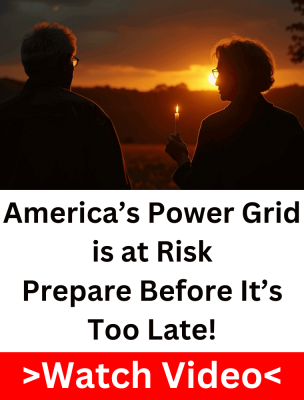It was simply another ordinary evening when the tornado warning was issued. I heard the sirens blast and realized I just had a few minutes to act. Panic started to seep in, but I didn’t have the time to overthink. I took the essentials I had prepared and went to the safest area in my house. It wasn’t a perfect plan, but it worked and reminded me how important preparedness is for survival.
When an emergency arises, every second matters. The unexpected comes quickly; knowing what you need can mean the difference between remaining safe and losing control. This is not about planning everything perfectly, but about understanding how to move quickly when it counts the most.
Let’s discuss what you must have, how to be prepared, and typical blunders that could cost you when the clock runs out. Being prepared only requires intelligence; it doesn’t have to be difficult.
Key Essentials to Grab in a Crisis
The most important thing is water. Your body can only survive for a few days without it, and pure water quickly runs out during emergencies. If you have bottled water on hand, get it; if not, fill your sinks and bathtub as a backup. Portable water filters or purification pills can be lifesavers if you’re constantly on the go. Don’t undervalue the speed at which dehydration can occur under pressure.
Food might not seem important right now, but you’ll need energy to get through the day. Your best options are non-perishable, lightweight foods like MREs (Meals Ready to Eat), protein bars, and almonds. Cans with easy-open caps can be a lifesaver if you have a bit extra time. Comfort food can wait; concentrate on calories and mobility.
Another necessity that is sometimes forgotten in a hurry is medical supplies. Bandages, antiseptics, and common pharmaceuticals like painkillers and antihistamines should all be included in a well-stocked first-aid box. Remember that keeping a few days’ supply of prescription drugs can keep a treatable illness from becoming life-threatening.
Warmth and shelter are essential, particularly in the event of severe weather. To shelter yourself from the cold and rain, gather sleeping bags, tarps, or emergency blankets. Being warm and dry is essential for survival, not simply for enjoyment. Exposure has the power to destroy you more quickly than you may imagine.
In a variety of settings, tools, and communication devices are essential. A flashlight with extra batteries, a multi-tool, and a hand-cranked radio can help you stay informed and prepared. If you can, bring a dependable knife, it’s one of the most flexible tools in any survival situation.
Quick Strategies for Effective Prepping
The key to successful last-minute preparation is to have a grab-and-go bag ready. Keep it in an easily accessible location, such as by the front entrance or in your car. This bag should contain everything you need, water, food, medical supplies, tools, and spare clothing. Check and update its contents regularly to ensure that everything is still useful and up to date.
Priority is everything. Not all emergencies are the same, so alter your attention accordingly. If you are evacuating due to a wildfire, water and shelter may come first. If there is a power outage, tools and communication equipment may take priority. Having a clear plan allows you to remain focused and efficient.
Keep things organized. Your necessities should be kept in bags or bins with clear labels. Knowing exactly where everything is can save valuable time during an emergency. A well-planned prep is a quicker prep.
Practice your plan last. Practice evacuation procedures at least once a year with your family or home. Being familiar with your equipment and procedures can help everyone know what to do in an emergency and lessen panic.
Common Mistakes to Avoid
One of the most frequent errors is overpacking. Although it may be tempting to collect as much as you can, doing so slows you down and makes your escape more difficult. Avoid anything that doesn’t immediately aid in your survival and limit yourself to the necessities.
Another common mistake is to forget important things. In a hurry, it’s simple to forget to bring identification, cash, prescription drugs, and even tiny items like phone chargers or glasses. In situations involving both immediate and long-term survival, these “little” things can have a significant impact.
Finally, you cannot afford to procrastinate on your preparations. Waiting till the last minute to acquire materials creates unneeded stress and raises the likelihood of forgetting anything crucial. A little bit of planning now can save you from tragedy later.
How to Get Essentials Fast When SHTF
Emergencies might surprise you even if you are well prepared. Knowing how to swiftly grab basics can make all the difference when SHTF occurs and you realize you’re lacking something important. If you behave strategically, you don’t have to be left empty-handed by the mayhem of a calamity.
Start by going to nearby shops or gas stations that are still open. Prioritize things like batteries, non-perishable food, and water. Time is of the essence; these locations will quickly fill up, so focus on the necessities and stay away from distractions. Steer clear of crowds by moving swiftly and effectively.
Don’t ignore other sources, such as community centers, workplaces, or schools. Basic medical supplies, food, and water bottles are frequently forgotten in these areas. In the early phases of an emergency, they might be less congested than conventional retail establishments.
Learn to Use Your Backyard Resources for Survival and Prepping
Consider sharing resources with your neighbors if you live in a residential neighborhood. In times of distress, communities frequently band together, and exchanging goods or services can benefit all parties. Building strong ties with your neighbors before a disaster occurs can facilitate resource sharing or bartering when it happens.
Traveling to less populated locations can provide fresh opportunities for mobile individuals. Smaller markets or rural convenience stores are frequently disregarded during major events and can still have supplies on hand. Additionally, these places may offer tools, camping supplies, or other essential equipment.
Lastly, maintain mental clarity. Panic results in bad choices, lost time, and elevated danger. Consider your circumstances for a moment and make a detailed plan of action. When you act with focus and purpose, you may secure what you need without endangering yourself.
The Importance of Staying Ready
Being ready requires confidence rather than fear. Instead of panicking, you may take decisive action when you have a clear plan and know what you need. Even though emergencies are unpredictable, you don’t have to react that way.
Being prepared is a way of life, not a one-time event. You may stay ahead of the game by keeping your necessities organized and rehearsing your plan frequently. No matter what happens to you, it’s about thriving, not just surviving.
An unusual winter storm visited my neighborhood several years ago. The power went off, and the temperature in the home began to drop. I had just enough time to get my modest emergency pack. It wasn’t perfect, but it included blankets, a flashlight, and a portable phone charger. That simple kit saw me through the night till the electricity came back on.
That event taught me an essential lesson: extensive preparation isn’t required to be effective. Even a modest amount of preparation can make a significant difference when something unexpected occurs. It’s not about being a diehard prepper; it’s about being wise and remaining prepared.
Start today. Build your emergency kit, practice your plan, and make sure you know what to grab when time runs out. The next emergency might come sooner than you think, and being ready could save your life.

